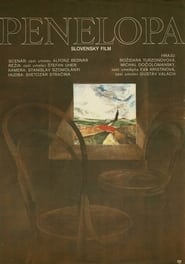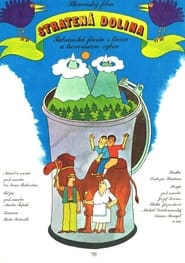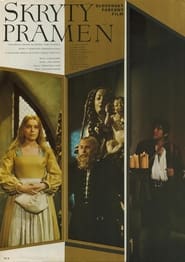detail profile michal do c4 8dolomansk c3 bd
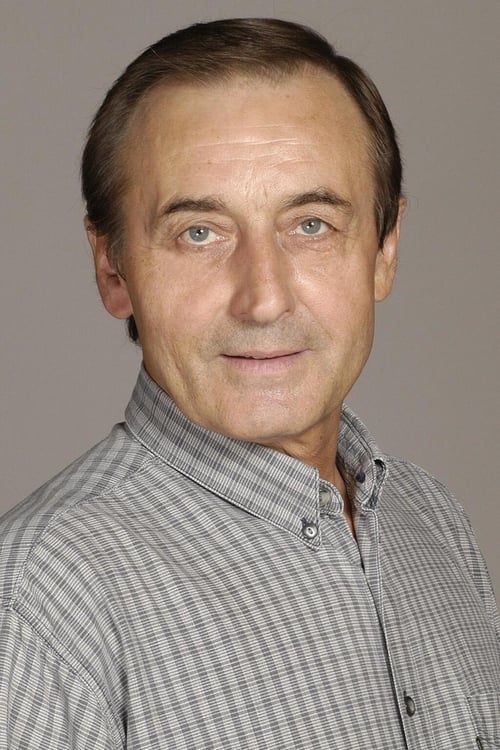
Michal Dočolomanský
Michal Docolomanský
atau dikenal sebagai
Riwayat Hidup
Michal Dočolomanský (* March 25, 1942, Nedeca, Slovak state, today Poland - † August 26, 2008, Bratislava) was a Slovak actor, singer, moderator and imitator.
His father Rudolf (1899 - 1954) worked as a teacher in Transylvania, Romania, among Slovaks there.
There he married Florian (1915-1995), a Romanian woman who was sixteen years younger than him.
They had a total of 10 children.
In 1942, they moved to the village of Nedeca, which then belonged to the Slovak state, where the son Michal was born in the same year.
At the end of the Second World War, the family moved to Slovakia.
Initially they lived in Mlynčeky (Kežmarok district), then in the village of Nebojsa (now part of Galanta, where his father worked as a primary school principal.
They moved to Svätý Jur after his death in 1954.
The mother died in 1995 and is buried with her husband at the cemetery in Slávič Valley.
After graduating from elementary school, Michal Dočolomanský trained as a car mechanic.
As a child, he devoted himself to amateur theater in Svätý Jur, and his hobbies were also gymnastics, and later gliding.
He graduated in acting in 1964 at the Academy of Performing Arts in Bratislava and has been a member of the Slovak National Theater since then.
He died on August 26, 2008 in the morning at the Department of Pneumology and Phthisiology of the University Hospital with a polyclinic in Ružinov, Bratislava.
He succumbed to lung cancer at the age of 66.
He has acted in many Slovak and Czech films, in television series such as Sváko Ragan (1976), The Eleventh Commandment (1977), The Engineering Odyssey (1979), Insurgent History (1984), Elizabeth's Court (1986), Mountain Service (1998) and films Three Chestnut Horses (1966), Generation (1969), Copper Button (1970), Zypa Cupák (1976), Studio (1990) and many other television productions.
In the successful play Na skle maľované, he played the title role of Jánošík from 1974 to 2002 (the performance recorded 642 reruns).
In the Slovak version, he spoke all the characters of the Polish evening film Macko Uško.
- 1982 - Deserved Artist Award
- 31 August 2007 - Ľudovít Štúr 1st Class Council - for extraordinary services to the development of Slovakia and the spread of goodwill abroad
Memorial plaque at the birth house in Nedec, July 10, 2010, in memoriam
Info Pribadi
Peran Yang Di Mainkan Michal Dočolomanský
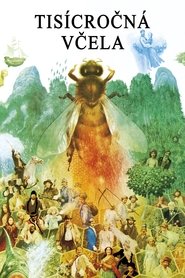 A family saga taking place mostly...
A family saga taking place mostly...The Millennial Bee 1983
A family saga taking place mostly in a small Slovak village over a period of thirty years (1887–1917). The first part captures the life of Martin Pichandu in the development of his craft, masonry; in the second part, his son is center stage living in a period of socio-political crisis, which ultimately results in the first World War. After originally airing on Czechoslovakian television in 1983 as a four-part 226-minute mini-series, this production received a 163-minute theatrical release in 1984.
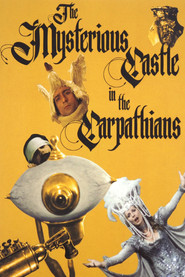 In 1897 in a castle near the...
In 1897 in a castle near the...The Mysterious Castle in the Carpathians 1981
In 1897, in a castle near the town of Werewolfville in the Carpithians, a slightly deranged Professor Orfanik experiments with his new inventions which include, even at this early date, television and a film camera. He is also an obsessed opera fan, keeps the body of his favorite diva preserved in a crypt in the castle. In order to keep away nosy visitors, the baron's mad-scientist assistant, invents all sorts of spooky phenomena in order to give the castle a creepy reputation.
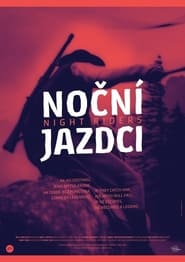 Two men of principle face each...
Two men of principle face each...Night Riders 1981
Two men of principle face each other. One is backed by a whole, however poor village, the other by the law. It is a conflict that reaches it's climax in the closing shoot-out. Instead of the Wild West, the gunshots go off on the Slovak-Polish border. Michal Docolomansky as the horse smuggler and Radoslav Brzobohaty as the customs officer from Prague meet in Holly's Night Riders in a western-like confrontation set in the insecure years of the newly founded Czechoslovak Republic.
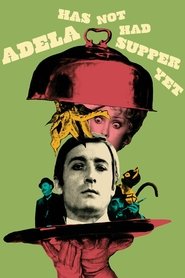 When famous detective Nick Carter visits...
When famous detective Nick Carter visits...Adela Has Not Had Supper Yet 1978
When famous detective Nick Carter visits Prague, he becomes involved in strange case of a missing dog and even stranger carnivorous plant. He becomes convinced that he is standing against his greatest enemy, the Gardener, who supposedly died years ago in a swamp...
 Who could forget the Favorites figure...
Who could forget the Favorites figure...Sváko Ragan 1976
Who could forget the Favorites figure Svákov Ragan in acting creations neopakovatel'ného Jozef Kroner? Three-part television film Sváko Ragan, created according to stories Ela Sándor already at its first introduction many years ago, soon won favor with audiences. Brought not only good fun, but also an attractive view of a world Myjavská site with many rustic Alpine traditions and characters and witty dialect used, especially Myjavský and Brezovský. Above all this, however, it is dominated by the ability to invent Svákov Ragan was even in the most uncomfortable situations ... Brezovskí tanners have been known not only to the quality of its products, but ischopnosťou their products at fairs successfully foreground. Highly after the fairs and markets in the near and distant surroundings Birch Nachod and Sváko Ragan and no wonder that their business has seen wandering the lot but cheerful and made many hilarious but also less hilarious "deal" ...
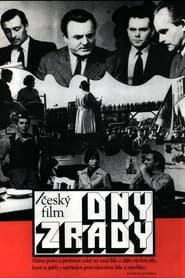 This feature film based on the...
This feature film based on the...Days of Betrayal 1973
This feature film based on the events of 1938 is a chronicle of the futile efforts of the Czechoslovak president Edvard Benes (Jirí Pleskot), politicians and ordinary citizens, to save the independence and the territorial integrity of the state from the advance of Hitler's Germany. On the 29th of March 1938 the leader of the Sudeten Germans Henlein (Werner Ehrlicher) has a meeting with Hitler (Gunnar Möller). Hitler orders him to intensify pressure on the Czechoslovak government. On the 24th of April in Carlsbad, the Sudetendeutsche Partei (Sudeten German Party) decides upon eight demands that are unacceptable to the Czechoslovak President, since they would ultimately lead to the break-up of the Republic. Benes still shows a certain willingness to negotiate, and Henlein resents this. The Germans are determined to make further negotiations impossible through incidents and violence.
 A tale about a young girl...
A tale about a young girl...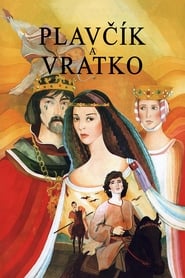 The son of a charcoal burner...
The son of a charcoal burner...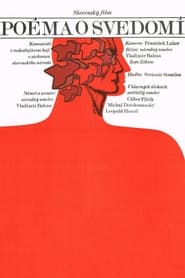
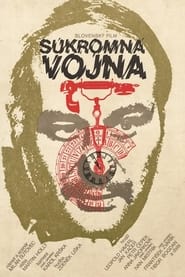
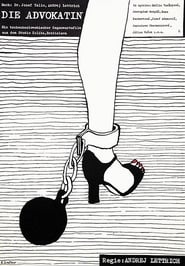 The story of a young lawyer...
The story of a young lawyer...